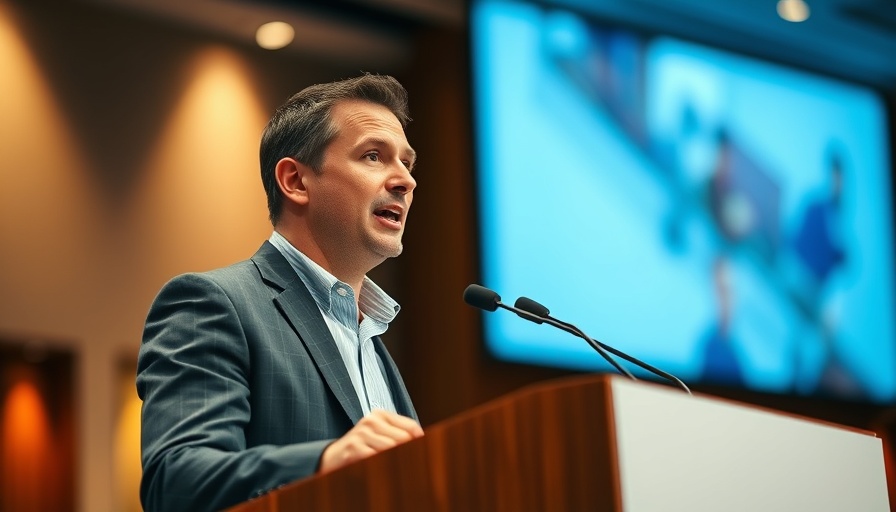
OpenAI Faces Legal Hurdles in Jony Ive Acquisition
In a surprising turn of events, OpenAI has removed promotional materials associated with its much-anticipated acquisition of legendary designer Jony Ive's startup, io. This decision follows a court order stemming from a trademark dispute raised by AI device maker IYO, which claims that OpenAI's materials may have led to consumer confusion.
Understanding the Legal Context
A judge has granted a restraining order concerning the io name, mandating that OpenAI cease all promotional activities featuring it. Despite these legal complications, tech expert Mark Gurman reports that the acquisition remains on track and has not faltered. This development raises questions about how legal challenges can impact high-stakes corporate deals in the tech sector, especially when personalities like Jony Ive are involved.
What This Means for OpenAI's Future
This incident calls attention to the delicate balance between creativity and legality in the tech industry. OpenAI, now facing scrutiny over its marketing strategies, must navigate these waters carefully, ensuring that while they promote innovative designs, they also respect existing trademarks. The push for transparency in AI and tech operations may take on added significance as this situation unfolds.
Taking Action in Uncertain Times
For stakeholders and the broader public, understanding the implications of such legal disputes is crucial. By following developments in this case, individuals gain insight into potential shifts within the high-tech landscape—especially as the incorporation of AI continues to evolve. It's not just about OpenAI; it’s about how emerging technologies will interact with legacy brands and legal frameworks going forward.
 Add Row
Add Row  Add
Add 




Write A Comment